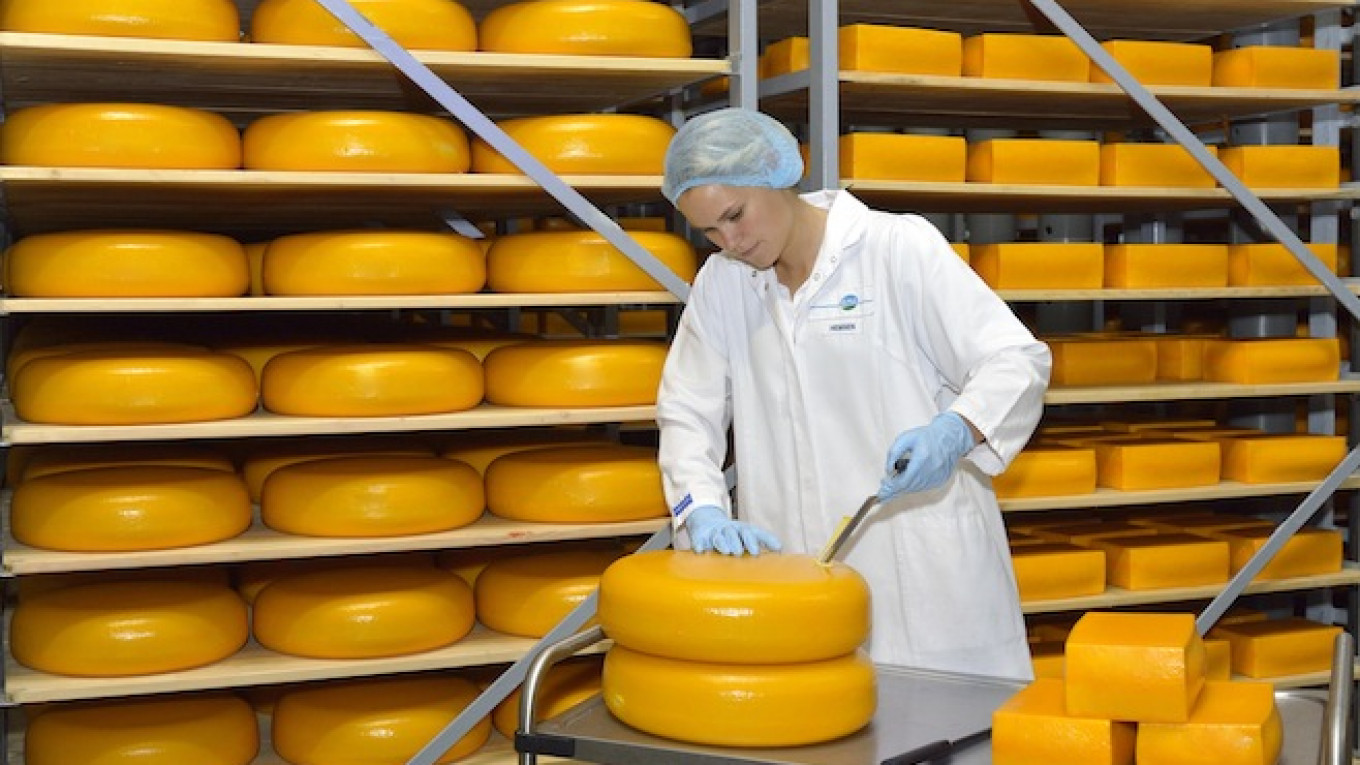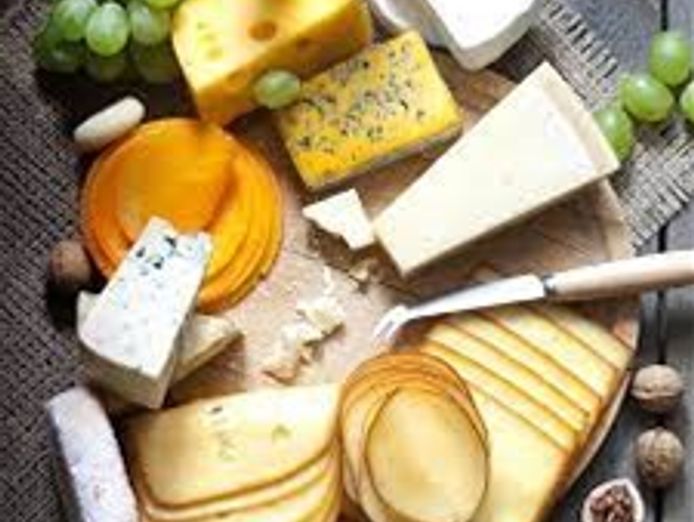Check Out the Premier Cheese Store Melbourne for Exquisite Selections
Check Out the Premier Cheese Store Melbourne for Exquisite Selections
Blog Article
An Extensive Consider Cheese Manufacturing: Components, Methods, and the Future of Artisan Cheeses
The intricate process of cheese production is a fascinating convergence of art and scientific research, where premium milk, rennet, and details bacterial societies offer as foundational aspects. As the market significantly prioritizes sustainability and transparency, the future of artisan cheeses guarantees to mirror both heritage and progress.
Secret Active Ingredients in Cheese Production
A variety of crucial ingredients play an essential duty in cheese manufacturing, each contributing to the end product's taste, appearance, and character. The main component in cheese is milk, which can originate from various sources, including cows, goats, and lamb - cheese makers melbourne. The kind of milk utilized dramatically influences the cheese's preference and uniformity; as an example, cow's milk commonly generates creamier cheeses, while goat's milk usually produces zesty varieties
One more important ingredient is rennet, an enzyme utilized to curdle the milk, separating it into curds and whey. The resource of rennet can be animal, veggie, or microbial, each imparting unique characteristics to celebrity. Societies, including particular stress of bacteria, are additionally essential to the cheese-making procedure. They ferment lactose right into lactic acid, helping in flavor advancement and texture.
Salt not only boosts the taste however also works as a preservative, inhibiting the growth of unfavorable bacteria. In addition, different flavor representatives, such as herbs, spices, and even smoked timber, can be added to develop special artisanal cheeses. With each other, these active ingredients create the structure of cheese production, establishing the phase for diverse and abundant cheese ranges.
Traditional Cheese-Making Strategies
Using conventional cheese-making techniques, craftsmens around the globe protect time-honored techniques that have been given through generations. These strategies usually highlight the usage of top notch, locally sourced milk, which is main to the unique tastes and textures of artisanal cheeses. The procedure usually begins with the mindful heating of milk, adhered to by the enhancement of cultures and rennet to assist in coagulation.
When the curds develop, they are reduced, permitting whey to drain, a critical action that influences moisture content and structure. Salting is a vital element of this procedure, improving taste while likewise acting as a preservative.
Aging, or affinage, is an additional essential part, throughout which cheeses create their particular scents and preferences. Artisans may utilize particular aging atmospheres, using humidity and temperature controls to fine-tune celebrity's account. The commitment to these typical techniques not just supports local economic climates however likewise contributes to the rich variety of cheese varieties found worldwide, celebrating cultural heritage and artisanal craftsmanship.
Modern Innovations in Cheese Manufacturing
How have technical developments changed cheese production in current years? The combination of contemporary innovation has reinvented both the effectiveness and quality of cheese manufacturing.
Additionally, innovations in microbiology have allowed cheesemakers to choose particular bacterial societies and enzymes, enhancing taste profiles and enhancing service life. The usage of sensor modern technology for keeping an eye on fermentation problems has actually additionally ended up being widespread, permitting real-time modifications to maintain ideal settings for cheese aging.

These innovations not just enhance the quality and sustainability of cheese manufacturing however additionally encourage artisan producers to keep standard tastes while accepting modern performance. As innovation remains to progress, the future of cheese manufacturing looks encouraging, blending practice with technology.
The Role of Terroir in Cheese
In the realm of cheese manufacturing, terroir plays a critical duty in defining the distinct features of different cheeses. Terroir, a French term my response generally connected with white wine, includes the ecological factors that affect farming items, consisting of soil make-up, climate, and local plants and animals. In cheese-making, the distinct attributes of the region where the milk is sourced can convey specific flavors and textures to the last product.
For example, the grazing problems of dairy animals significantly impact the milk's make-up, influenced by the sorts of lawns and natural herbs offered in a specific locale. This varies not just between nations but likewise in between regions within the very same country. Furthermore, the microbial communities present in the setting contribute to the fermentation processes, causing diverse profiles in flavor and scent.
Cheeses such as Roquefort, Parmigiano-Reggiano, and Cheddar exemplify how terroir can shape their identifications, making them distinct and commonly protected by geographical indications. As manufacturers progressively recognize the significance of terroir, there is an expanding emphasis on sourcing regional components and keeping typical practices, making sure that each cheese genuinely reflects its origin.

Future Fads in Craftsmen Cheeses
A notable change is happening in the artisan cheese market, driven by progressing consumer choices and technological innovations. Progressively, consumers are being attracted toward one-of-a-kind, top notch products that stress both sustainability and regional sourcing - cheese for sale online. This trend is triggering artisan cheesemakers to introduce, concentrating on small-batch manufacturing and using conventional techniques while incorporating modern innovation to improve top quality and security
Moreover, there is a growing passion in plant-based and alternate dairy products, pushing traditional cheesemakers to check out brand-new avenues, such as cashew or almond-based cheeses. This shift not just deals with dietary limitations yet also lines up with ecological problems relating to pet agriculture.
Furthermore, our website openness in sourcing and production processes is becoming critical. Customers are a lot more enlightened and demand traceability, triggering manufacturers to take on more clear labeling practices and engage in storytelling that highlights their techniques and worths.
Conclusion
In final thought, the intricate procedure of cheese production melds standard techniques with go to this web-site contemporary developments, leading to a varied selection of flavors and appearances. The focus on high-quality components and the influence of terroir highlight the virtuosity associated with cheese manufacturing. As the sector evolves, a concentrate on sustainability and transparency will likely shape the future of artisan cheeses, dealing with an increasingly discerning consumer base that values authenticity and craftsmanship in dairy products.
Report this page